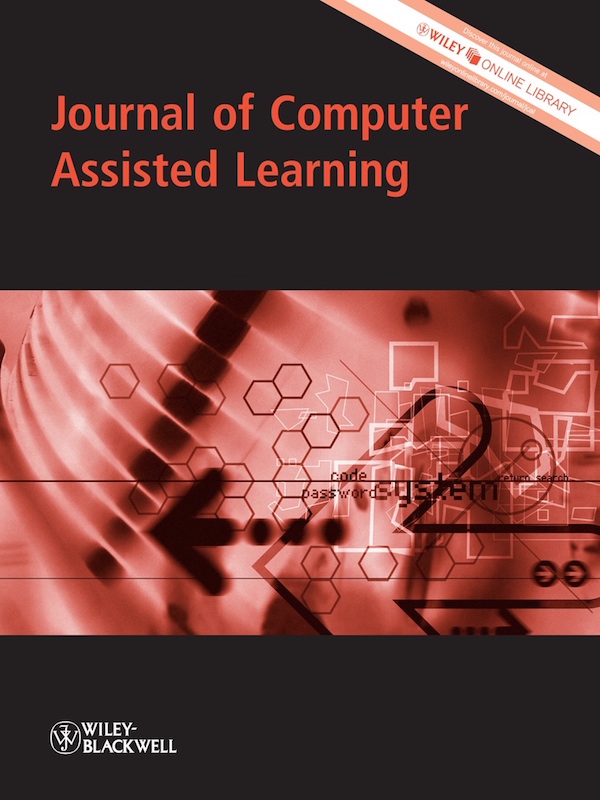
Computerized comprehension training for whom and under which conditions is it efficient?
ARTICLE
A. Potocki, J. Ecalle, A. Magnan
Journal of Computer Assisted Learning Volume 31, Number 2, ISSN 1365-2729 Publisher: Wiley
Abstract
The purpose of this study was to examine the differential impact of a computer-based comprehension training programme according to second graders' comprehender profiles. These profiles differed in the children's abilities to process three types of textual information: literal information, text-connecting inferences and gap-filling inferences. The results showed that all the profiles improved significantly after the training on the question type that had caused them the greatest amount of difficulty on the pretest. In addition, factors that could a priori predict the effectiveness of the programme were investigated by comparing children who benefited from the instruction (responders) with those who did not benefit (nonresponders). Before instruction, these children differed in their lexical knowledge level and logical reasoning skills, but not in their memory or comprehension-monitoring abilities. The results support the claim that children with comprehension difficulties form a heterogeneous group and emphasize the need to examine the differential impact of comprehension instruction according to the characteristics of poor comprehenders.
Citation
Potocki, A., Ecalle, J. & Magnan, A. (2015). Computerized comprehension training for whom and under which conditions is it efficient?. Journal of Computer Assisted Learning, 31(2), 162-175. Wiley. Retrieved August 15, 2024 from https://www.learntechlib.org/p/150809/.
